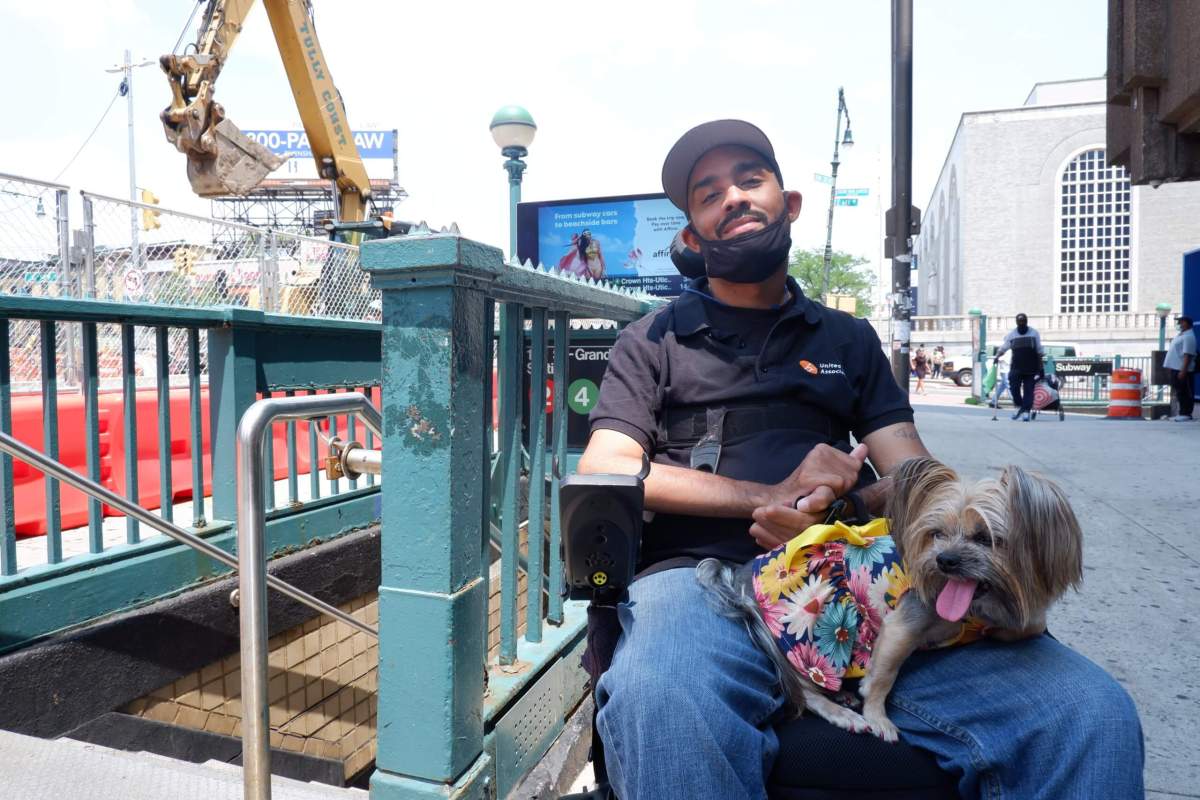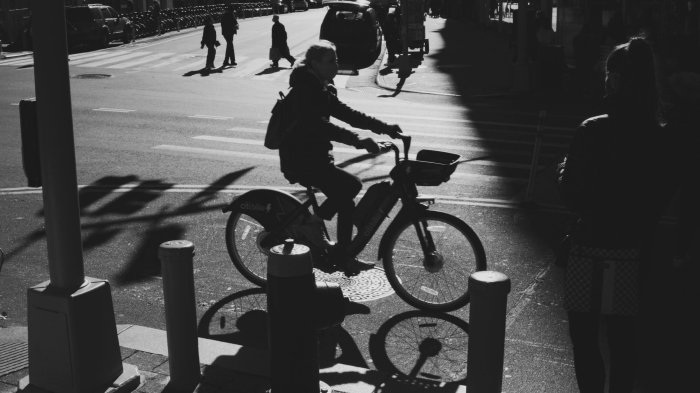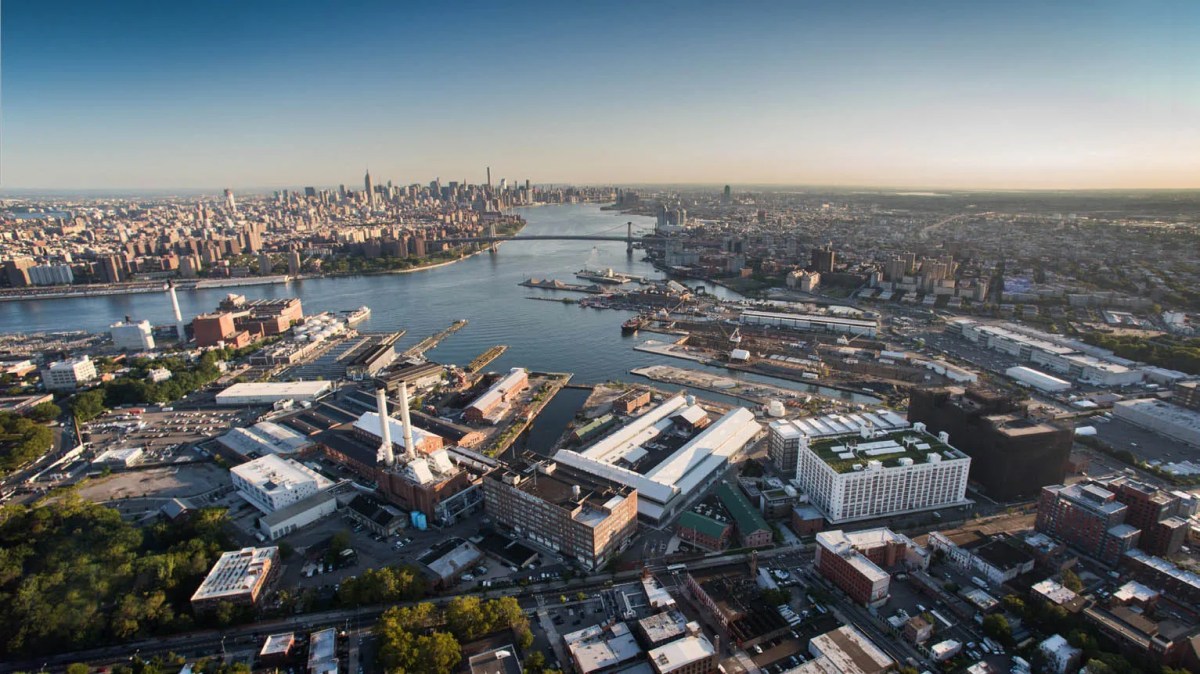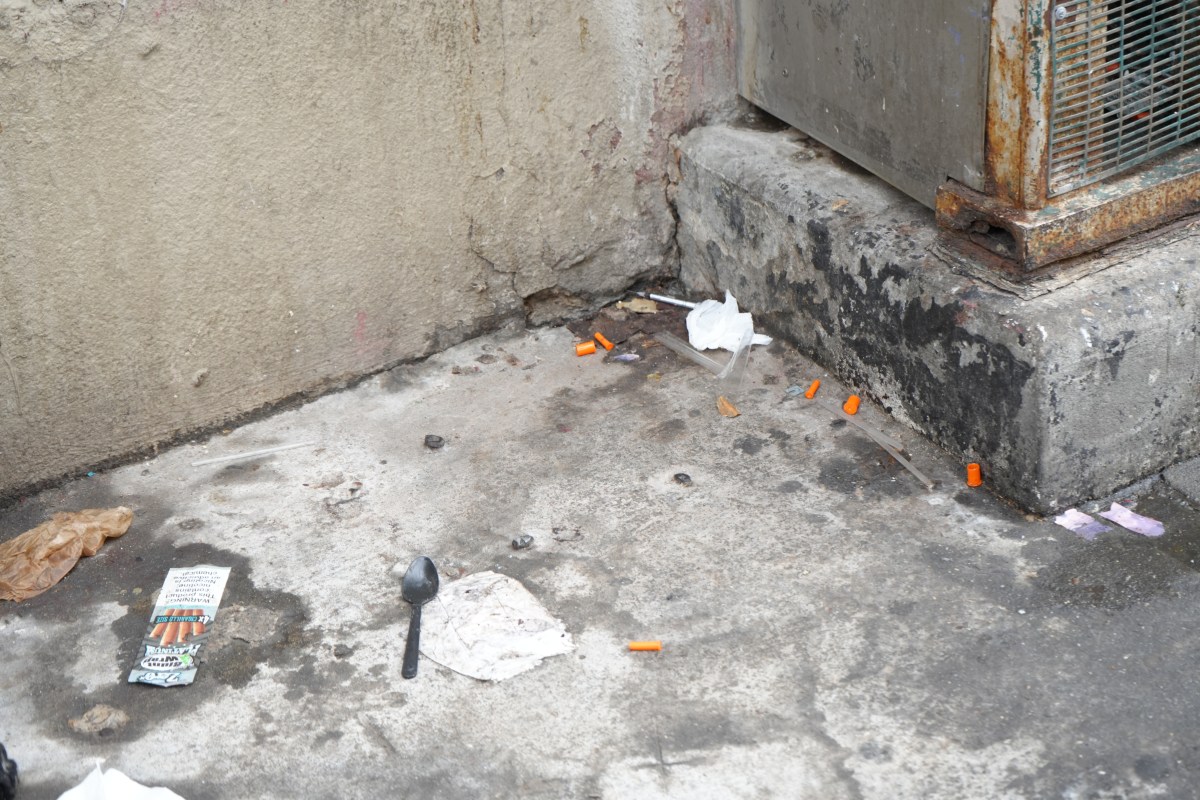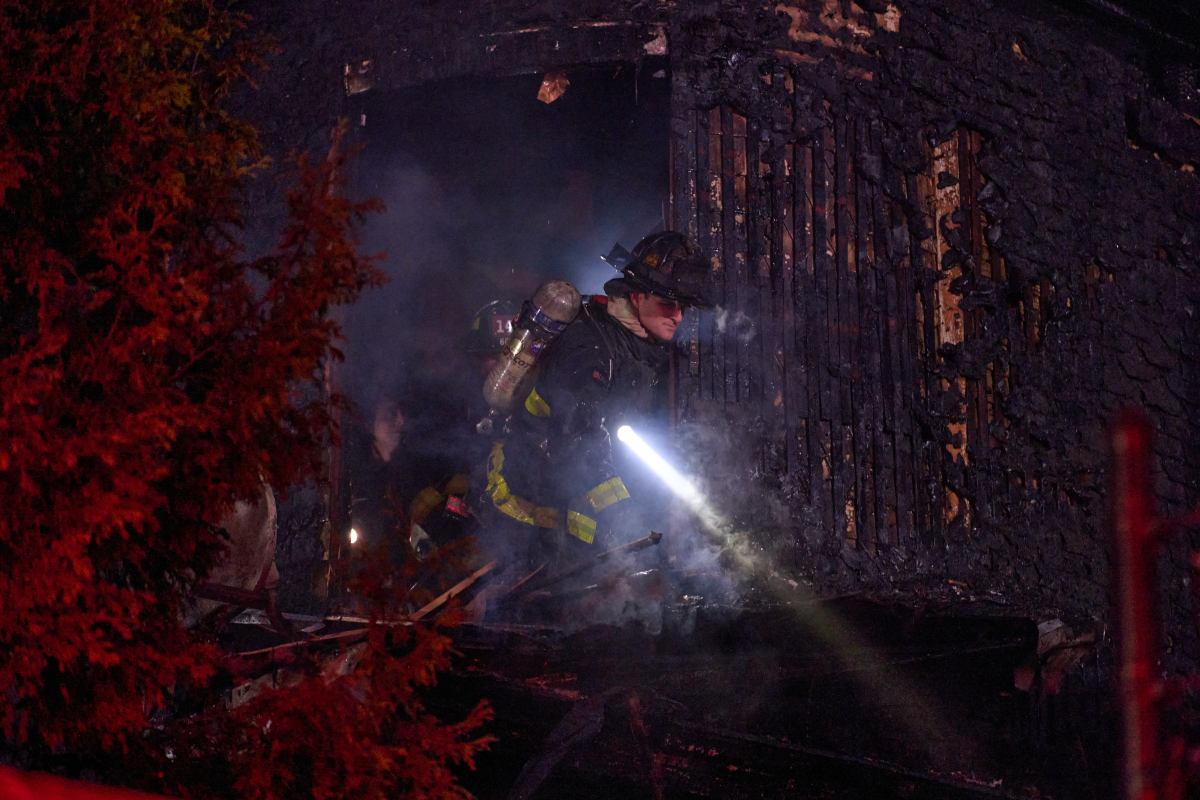“C’mon Joe!”
Transit and accessibility advocates rallied in the Bronx Monday calling on President Joe Biden to secure billions of dollars for the Metropolitan Transportation Authority as part of an upcoming infrastructure bill in Washington.
“We are tired of marginalized communities being left out, we are tired of marginalized communities being disconnected from other communities,” said Bronx/Westchester Congressman Jamaal Bowman outside the 149th Street-Grand Concourse subway station in Mott Haven on June 7.
The freshman legislator joined Riders Alliance and other advocacy groups to call on President Biden to earmark $20 billion for new elevators, signal upgrades, electric buses, and transit access in subway deserts, along with an extra $3 billion every year to help sustain the nation’s largest public transit, particularly for improvements in subway-starved areas.
“Our transit system in the Bronx, in particular lower Westchester, are transit deserts. It takes hours to get from the west Bronx to the east Bronx, this is unacceptable,” Bowman said.
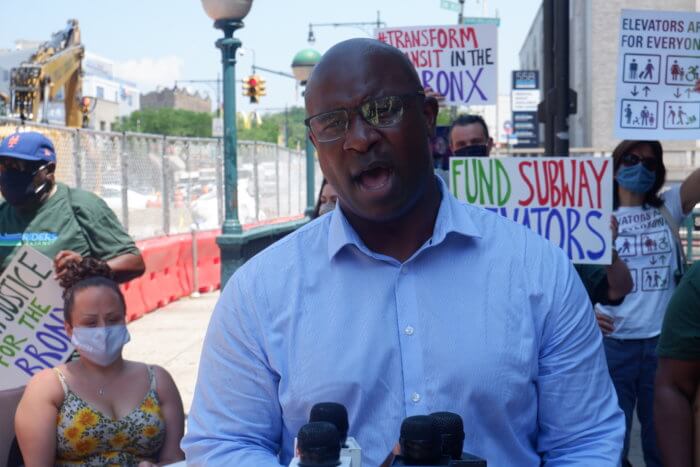
Biden and his fellow Democrats are negotiating with their Republican counterparts for an infusion of infrastructure spending. The White House is asking for at least $1 trillion in spending, but the GOP’s offer is just more than $300 billion.
The $20 billion the advocates asked for would go toward the MTA’s $51 billion 2020-2024 capital plan, allowing the Authority to borrow less money as the city recovers from the pandemic, while the yearly $3 billion would be for maintaining and expanding public transportation service and avoid fare hikes, service cuts, and job losses when $15 billion in federal aid runs out by the end of 2023.
One of the big asks was to make subway stations wheelchair-accessible by installing elevators in accordance with the Americans with Disabilities Act, as currently only 131 out of 472 stations are ADA-accessible, or less than 28 percent.
The agency has earmarked $5.2 billion to make 70 stations accessible by 2024 as part of its capital plan and are partnering with city planners to fund more accessibility improvements through developer incentives, an initiative dubbed “Zoning for Accessibility,” which MTA unveiled in April.
Monday’s rally was outside of the station 149 St-Grand Concourse station serving the 2, 4, and 5 train — but which doesn’t have an elevator despite a nearby city hospital and CUNY’s Hostos Community College.
One local advocate said that even though his home station at 3 Avenue-149 Street did have an elevator, it can quickly become a headache for him to travel if it breaks down, as it did once on a trip back from out of town.
“You take an hour train ride to the Bronx to find out that your subway station’s broken, and then having to re-route another 1 1/2 hours — with suitcases,” said Jose Hernandez, an activist with the group United Spinal Association. “We need Congress to invest in accessibility so that everyone — people with disabilities, the elderly, parents with strollers — can enjoy an accessible system where they don’t have to worry about planning their trip.”



